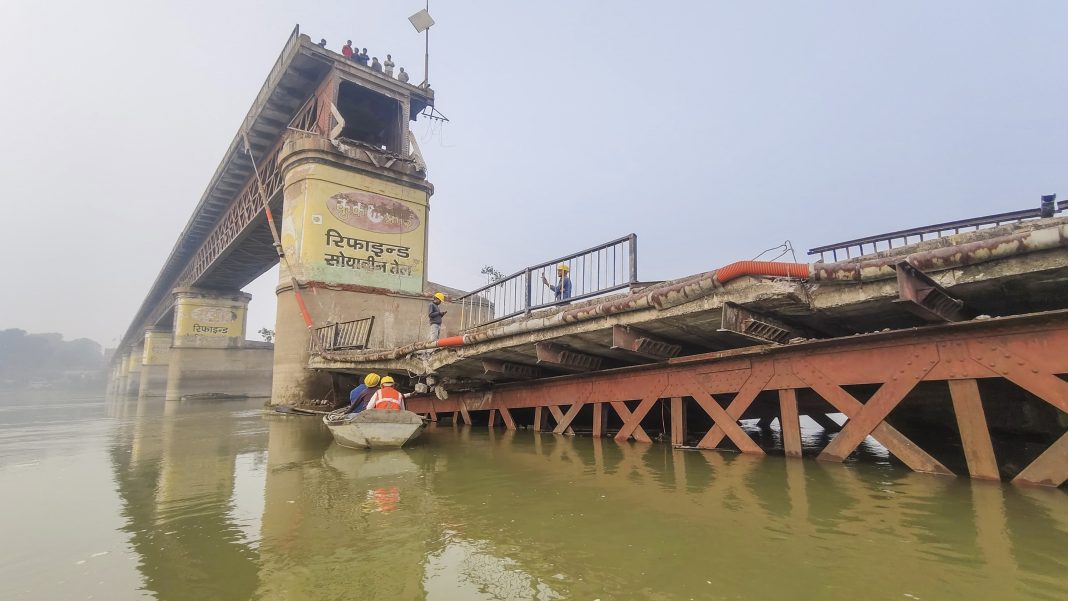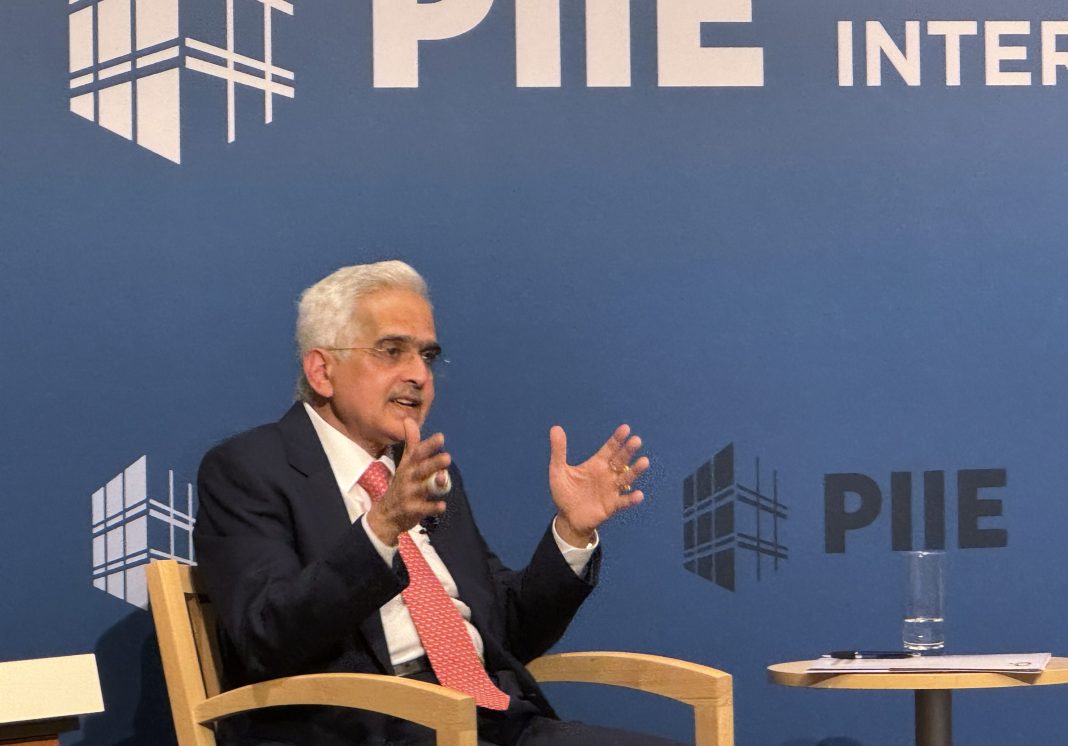Shillong, Nov 26: The World Bank’s Board of Executive Directors has approved a $225.5 million project to support over 700,000 people across more than 400 villages in Tripura and Nagaland in better managing forest landscapes and enhancing forest-based value chains. The decision was announced on Monday, November 25, 2024.
Forests, covering nearly 1.5 million hectares in these states, play a crucial role in the rural economy, supporting tribal communities. However, a decade of declining forest cover has posed significant threats to biodiversity and the well-being of these forest-dependent populations.
The Enhancing Landscape and Ecosystem Management (ELEMENT) Project aims to conserve and restore over 100,000 hectares of forest, improve soil and water conservation, and avoid 435,000 tons of carbon emissions annually. By focusing on landscape-based value chains, the initiative seeks to drive economic transformation while addressing environmental concerns.
“The project will harness the potential of forests for private-sector-driven job creation in non-timber activities, enhance carbon sink capacities, and promote economic growth and social welfare in Tripura and Nagaland,” said Auguste Tano Kouame, the World Bank’s Country Director for India.
ELEMENT will develop opportunities in forest produce like agarwood, bamboo, and honey, partnering with private sector stakeholders. It also includes plans to enhance national parks, develop protected areas, and promote nature-based tourism.
A significant focus will be on job creation, with the project expected to generate 60,000 jobs for youth and women through forest-based entrepreneurship. Skills training in hospitality and nature guide services will support these efforts. By adopting a holistic landscape approach, the project will integrate grasslands, wetlands, and farmlands into its forest management strategy to maximize community benefits.
“This approach will improve climate resilience and enhance livelihoods for rural and forest-dependent communities,” said project leaders Pyush Dogra and Raj Ganguly.
The ELEMENT project builds on a similar $43 million initiative recently funded by the World Bank in Meghalaya. It will be financed through an International Bank for Reconstruction and Development (IBRD) loan with a 12-year maturity period, including a 4.5-year grace period. An additional $2.4 million grant from the Global Partnership for Sustainable and Resilient Landscapes (PROGREEN) will provide complementary support.




